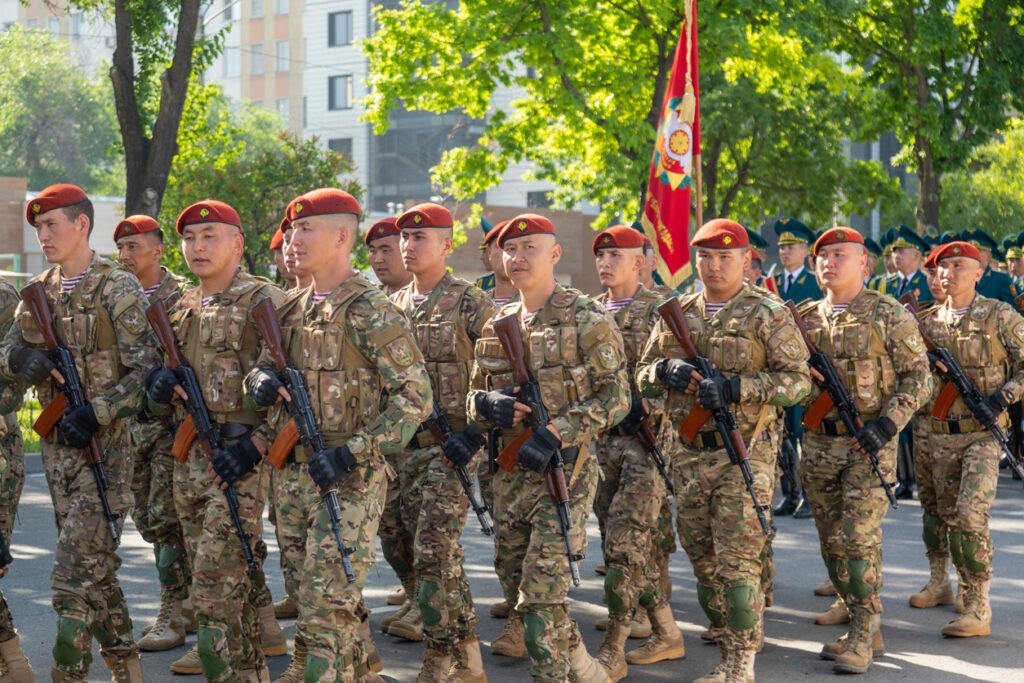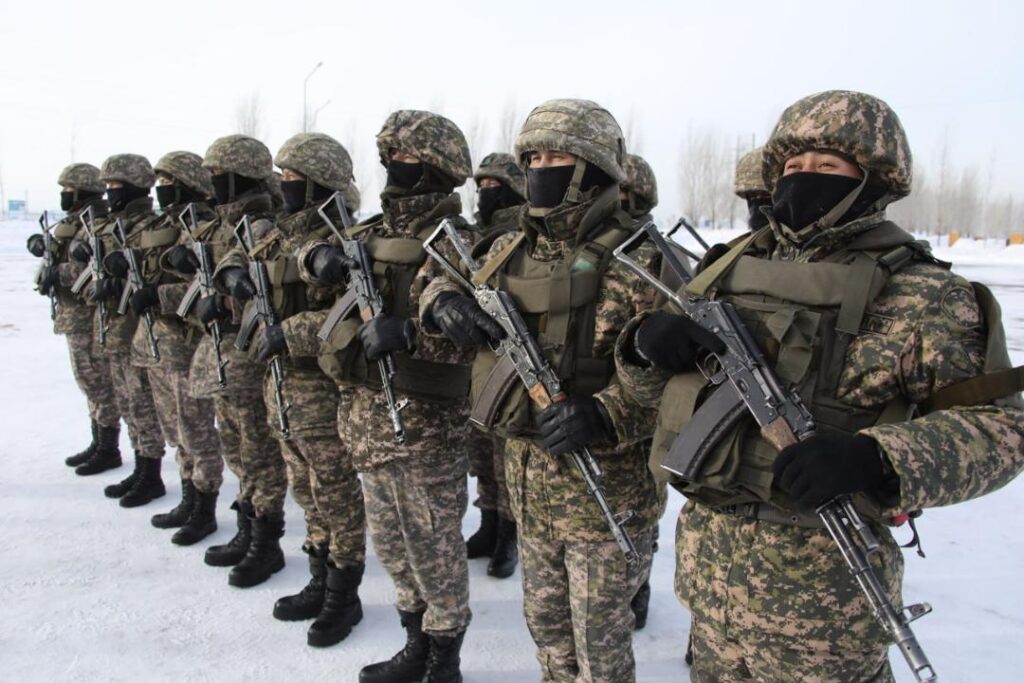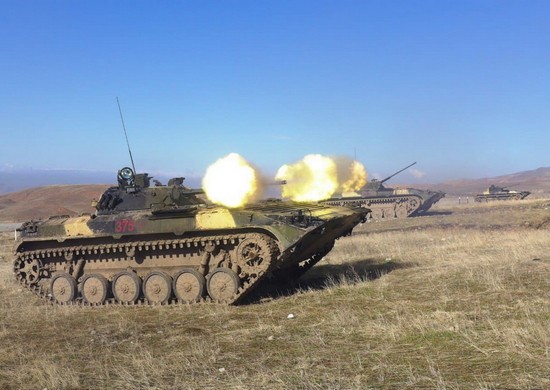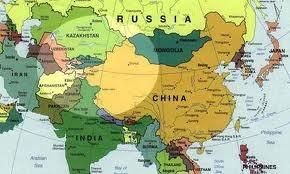Militaries From Five Countries to Hold Exercises in Kazakhstan
The armed forces of Uzbekistan, Azerbaijan, Kazakhstan, Kyrgyzstan and Tajikistan will hold a joint exercise called Birlestik (Unification) 2024 in July of this year. They will be held at the Oymasha training ground and at Cape Tokmak, located on the Caspian Sea. During the events, the various militaries will train and undertake combat tasks aimed at defining the zone of armed conflicts. Last July, the militaries of Uzbekistan and Azerbaijan held a joint computerized command and staff exercise named UZAZAZ-2023 in Tashkent. The theme of the event was, according to a joint statement, "organization and conduct of special operations of troops to limit, weaken and destroy illegal armed formations." The exercise provided an opportunity for representatives of the two countries to exchange experiences in preventing illegal infiltration across the state border and conducting combat against illegal armed groups. They discussed the conduct of military operations during armed clashes, as well as the combat operations of special groups and battalions. Uzbekistan, together with Kazakhstan, often conducts joint military exercises. For example, last August, service personnel from the two countries took part in joint tactical and special exercises at Kazakhstan's Oymasha training range, during which the participants exchanged their experiences and improved the qualifications of service personnel. In a 2024 military power ranking published in January, Kazakhstan came out on top among Central Asian countries. Uzbekistan dropped down in last year's ranking, falling to 65th place among 145 countries






